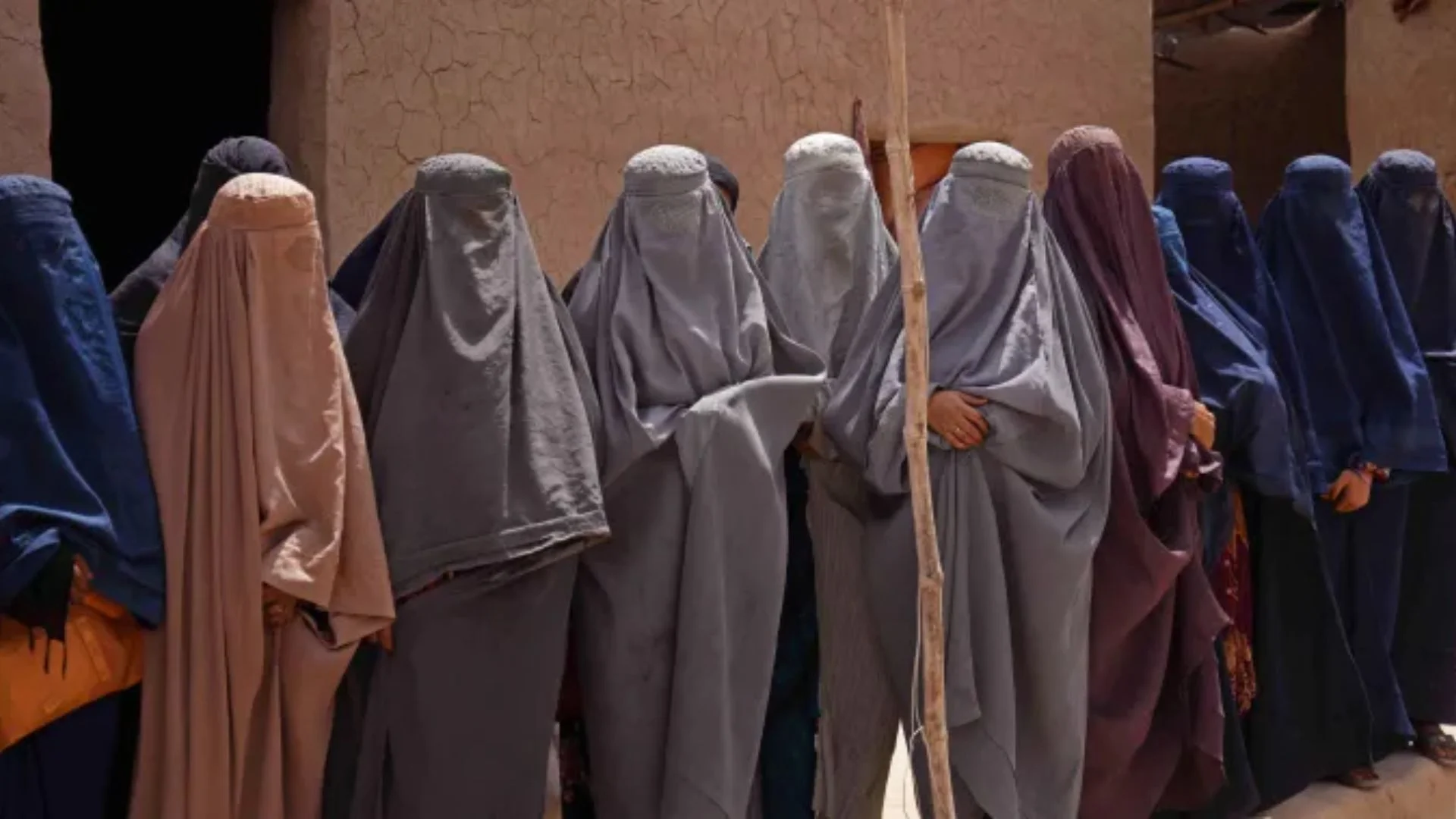In a significant escalation of restrictions, Afghanistan’s Taliban government has issued an edict that prohibits women from reciting the Quran aloud, even among other women. This latest mandate, reported by Virginia-based Amu TV, further intensifies the severe limitations imposed on Afghan women since the Taliban regained power in 2021.
Mohammad Khalid Hanafi, the Taliban’s minister for the propagation of virtue and the prevention of vice, described the rule as a continuation of existing prohibitions, such as women being unable to call the takbir (God is Great) or the athan (the Islamic call to prayer). Hanafi stated, “If women cannot perform the call to prayer, then singing or playing music is certainly out of the question.” He further clarified that during prayers, women must speak softly enough that they cannot be heard by others, asserting that a woman’s voice is considered awrah—something private and forbidden to be heard by anyone outside her immediate circle.
This new edict is part of a broader trend targeting the visibility and voices of women in Afghanistan. Recent mandates have required women to cover their entire bodies, including their faces, when in public. These restrictions, sanctioned by the Taliban’s supreme leader Hibatullah Akhundzada, are framed as protective measures against “vice and temptation,” portraying women’s voices, attire, and presence as potential moral threats.
Human rights advocates and Afghan women express concern that these latest restrictions could extend beyond religious practices, limiting even private conversations and further erasing women’s presence in society. As women’s voices are increasingly seen as potential “instruments of vice,” activities like singing or reading aloud have now become prohibited—even within their own homes. The prohibitions have escalated to the extent that women are forbidden from making eye contact with men outside their immediate families. Additionally, taxi drivers may face penalties for transporting women who are unaccompanied by a male relative. Women and girls who defy these rules risk detention and punishment, as Taliban officials strictly enforce the new codes.
A midwife in Herat, one of the few women still allowed to work outside the home, shared that even at healthcare checkpoints, Taliban officials prevent her from communicating with male relatives. “We’re instructed not to discuss medical matters with male family members or officials,” she explained. Women breaching these codes face potential arrest, and even medical personnel are being monitored to limit interactions.
The international community, particularly women’s rights advocates, is increasingly alarmed. Roza Otunbayeva, the United Nations’ special representative for Afghanistan, has condemned the growing list of restrictions as “intolerable.” In the three years since the Taliban took control, it has become clear that fear drives self-regulation among the populace. While a small number of women are still visible on the streets of Kabul, nearly all are now dressed in loose black garments or dark blue burqas, with only their eyes showing, a direct result of a decree issued last year.
Activist Nausheen expressed her despair, stating, “Every moment feels like you’re in a prison. Even breathing has become difficult here.” Until last year, she was part of groups of women who bravely marched in Kabul and other cities, demanding their rights despite the increasing restrictions.







